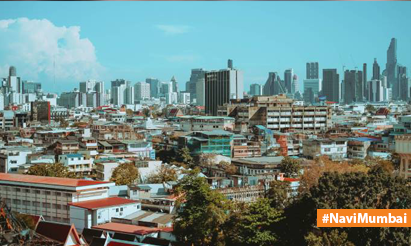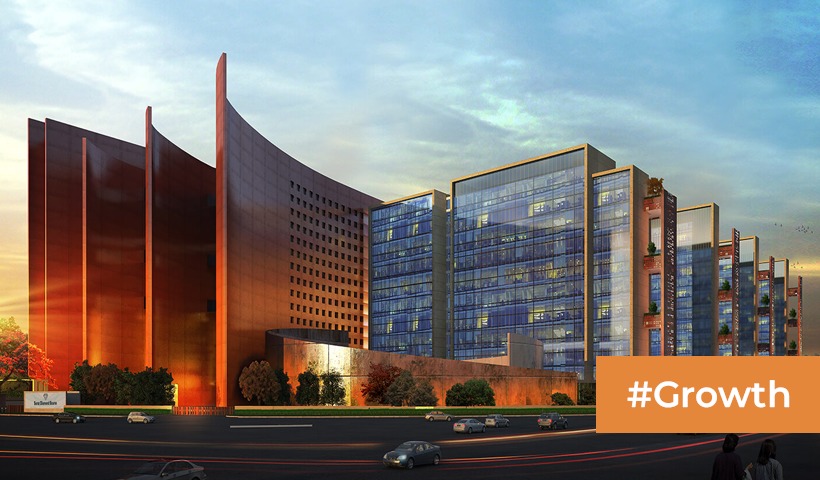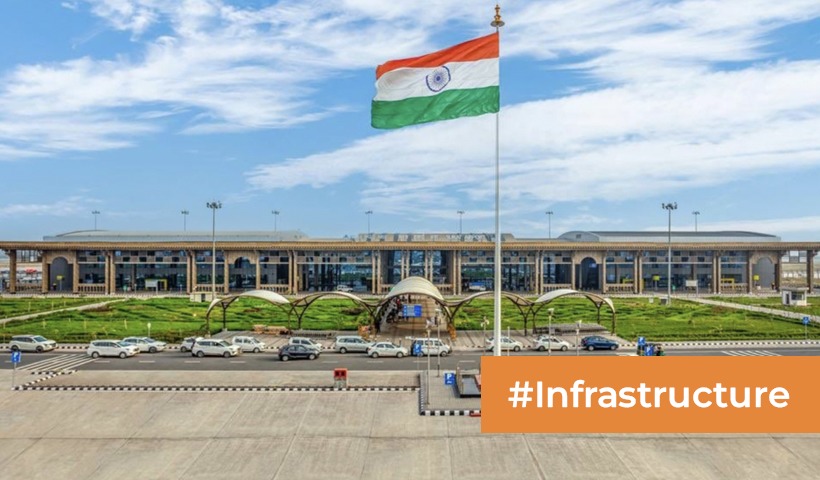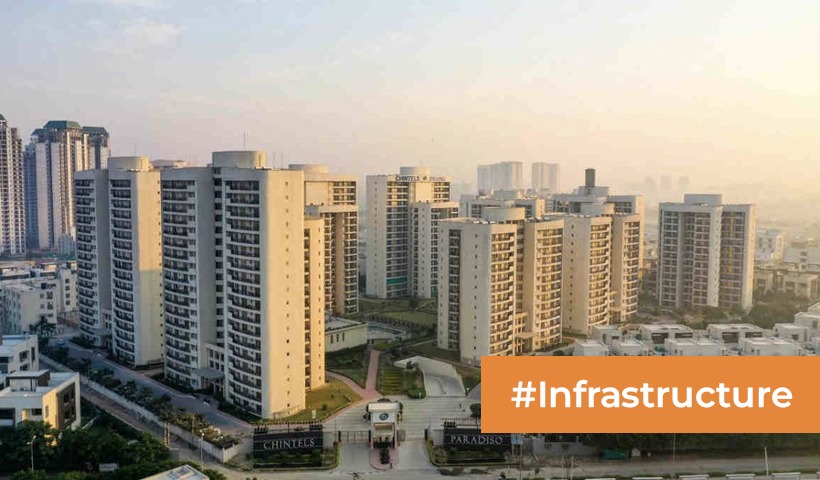Urban Development Plans and Panchkula’s Slum Dwellers Struggling for Basic Amenities
Panchkula, a city in Haryana that is growing quickly, has experienced major urbanization and infrastructure improvements. A community of slum residents still struggles to get necessities and a respectable level of living, despite the city’s development. These inhabitants’ situation emphasizes the necessity of inclusive development and targeted initiatives to empower marginalized populations.
Slums are a stark reality in Panchkula, where they are distinguished by overcrowding and subpar living conditions, insufficient sanitation systems, and restricted access to clean water and medical treatment. These unofficial towns frequently lack basic amenities like power and effective drainage systems, which makes living difficult for the occupants.
Panchkula’s urban development plans frequently prioritize modernizing the city, enhancing the infrastructure, and luring investors. While these programs help the city as a whole to thrive, they unintentionally ignore the needs of underprivileged groups living in slums. Slum development is not given enough attention or funding, which exacerbates already existing disparities and further marginalizes disadvantaged groups.
Panchkula’s slum residents are fighting for necessities that other people take for granted. All residents should be able to access clean water, adequate sanitation, and dependable energy as these are essential rights. However, many slum dwellers lack access to these utilities or have limited access, which poses major health and safety issues.
Along with poor infrastructure, slum inhabitants frequently have trouble getting access to high-quality healthcare and education. The absence of accessible healthcare facilities and inadequate educational opportunities prevent these communities from moving up the socioeconomic ladder. They are also more exposed to the effects of nature and other dangers since they lack adequate housing.
The government must give slum dwellers’ well-being priority in light of the significance of inclusive development. By supplying essential services, enhancing living conditions, and fostering chances for education and skill development, slums should be upgraded. Communities, non-governmental organizations, and government agencies working together may significantly improve the lives of those living in slums.
Involving slum residents in decision-making processes and making sure their perspectives are heard are also essential. Participatory planning and community involvement can result in more efficient solutions that suit the particular needs and ambitions of these communities. In addition to helping people escape poverty, empowerment programs for slum residents may also help them make a significant contribution to the growth of their community.
In conclusion, the residents of Panchkula’s slums still encounter many obstacles in their pursuit of basic comforts and respectable quality of life. It is crucial to prioritize inclusive growth and make sure that the interests of marginalized populations are not disregarded while the city experiences fast urbanization and development. Panchkula can raise its slum residents and build a more egalitarian and sustainable city by providing necessities, improving living conditions, and allowing access to healthcare and education. The rights and ambitions of these inhabitants may be fulfilled via coordinated efforts, cooperation, and engaged community involvement, promoting a more diverse and affluent Panchkula.
Disclaimer: The views expressed above are for informational purposes only based on industry reports and related news stories. PropertyPistol does not guarantee the accuracy, completeness, or reliability of the information and shall not be held responsible for any action taken based on the published information.



